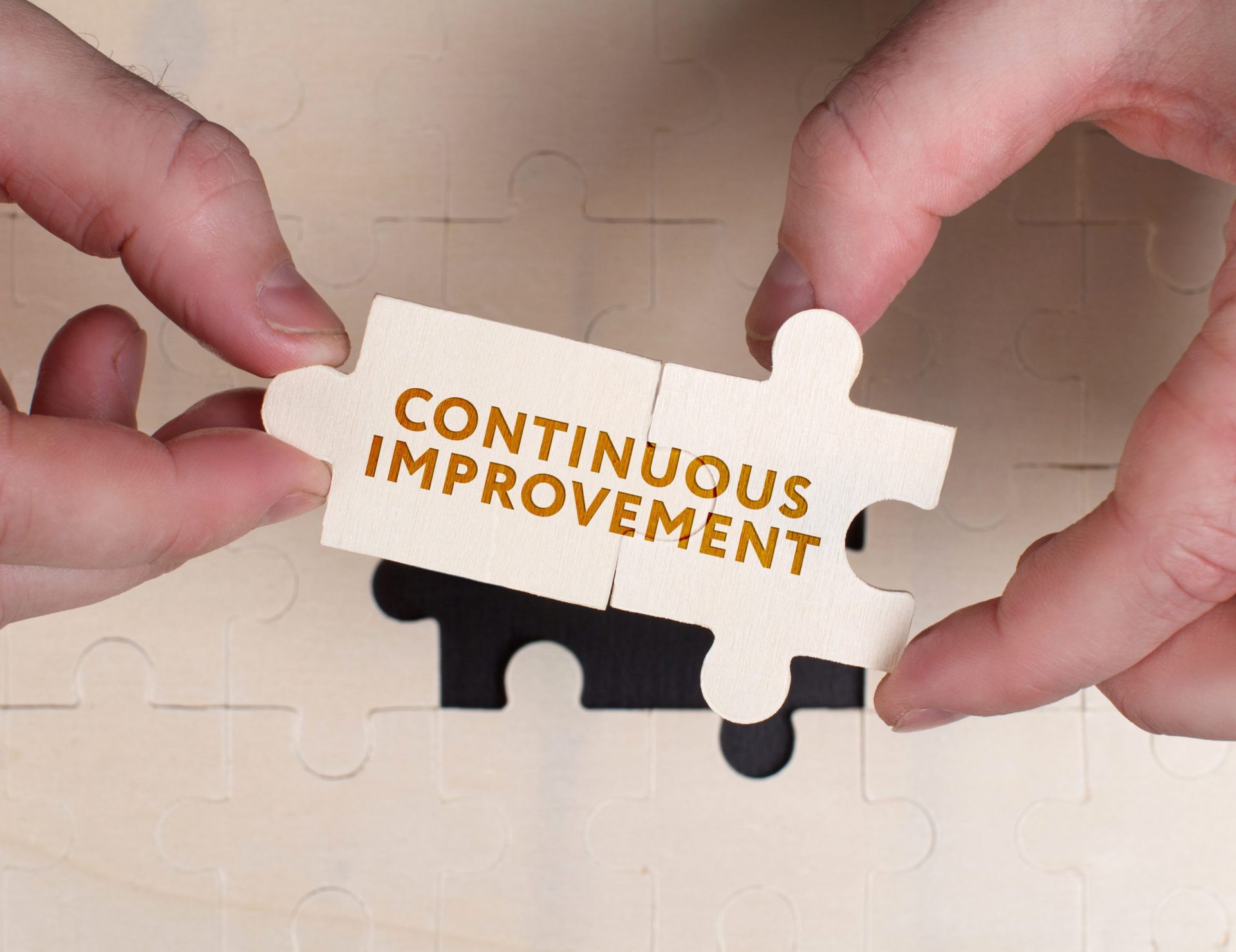Closing ratios are a crucial metric for businesses that rely on sales. Yes, they measure the effectiveness of a sales team in converting leads into customers, but they can also reveal insight into your company’s marketing efforts, and whether or not your current offerings or current pricing remain competitive in an ever-changing marketplace. Understanding and improving these ratios can significantly impact a company’s revenue and growth. Here are three key things you should know about customer closing ratios:
1. Definition and Calculation:
Customer closing ratios, also known as conversion ratios, represent the percentage of leads or prospects that a sales team successfully converts into paying customers. The formula to calculate the closing ratio is simple: divide the number of closed deals by the number of leads or prospects and multiply by 100 to get a percentage. For example, if a sales team closed 20 deals out of 100 leads, the closing ratio would be 20%.
2. Importance and Implications:
Closing ratios provide valuable insights into a company’s sales performance and customer acquisition process. A high closing ratio indicates an efficient sales team that can effectively persuade and close deals. On the other hand, a low closing ratio may suggest issues such as ineffective sales techniques, poor lead quality, a need for sales training, uncompetitive offerings and more. By monitoring and analyzing closing ratios, businesses can identify areas for improvement and implement strategies to increase conversion rates.
3. Factors Influencing Closing Ratios:
Several factors influence customer closing ratios and understanding them can help businesses optimize their sales processes. These factors include:
a. Lead Quality: The quality of leads plays a crucial role in closing ratios. Higher-quality leads, such as those generated through targeted marketing efforts or referrals, are more likely to convert into customers. Ensuring lead qualification processes are in place can help filter out low-quality leads and improve closing ratios.
b. Sales Techniques and Skills: The sales team’s proficiency in sales techniques, communication, and negotiation skills greatly affects closing ratios. Investing in sales training and coaching can enhance these skills and improve conversion rates. However, be careful not to point the finger of blame for lower closing ratios at salespeople right away. If multiple salespeople have similar scores, the problem may not be the salespeople, but something more companywide. But if multiple salespeople are getting wildly different results, then individual performance or skills could be relative.
c. Sales Funnel and Follow-up: A well-defined sales funnel and effective follow-up strategies are essential for closing deals. Timely and personalized follow-up with leads can significantly increase the chances of conversion. Implementing customer relationship management (CRM) systems can help track leads, automate follow-up processes, and improve closing ratios. But there needs to policies in place that everyone has to follow or else you may find yourself chasing your tail to find out when and where your company’s sales opportunities are going wrong and fix them.
By understanding the definition, importance, and factors influencing closing ratios, companies can optimize their sales processes and improve conversion rates. Monitoring and continuously improving closing ratios can lead to increased revenue and business growth.
Remember not to get lured into thinking your company’s closing ratio is good if it meets an industry average. You aren’t average and neither are your competitive advantages. No matter what the closing ratio is, there is always room for improvement, and there always will be. For more information on tracking customer closing rates and how to convert more prospects into customers, reach out to the author and professional business coach Clay Dennis here https://www.parttimebusinesspartners.com/contact-us/








